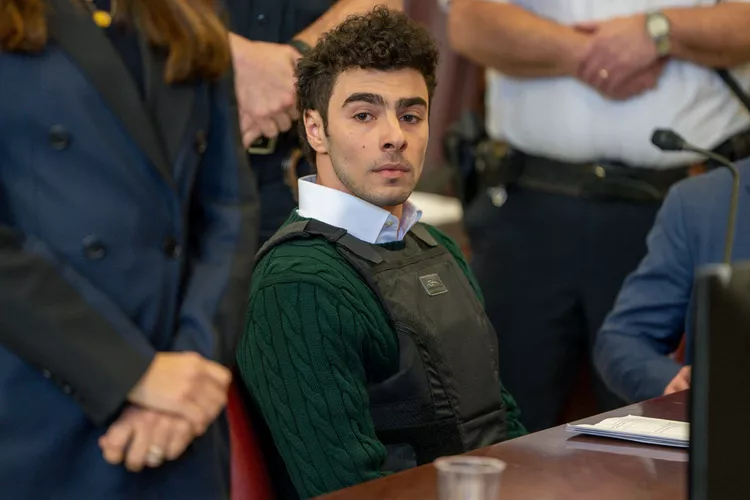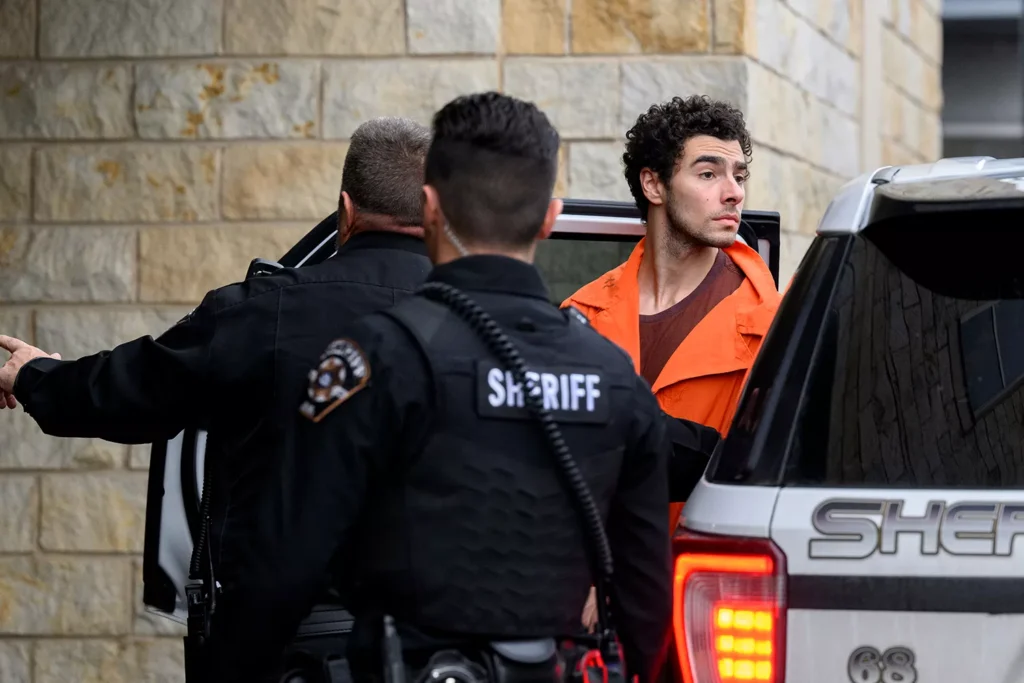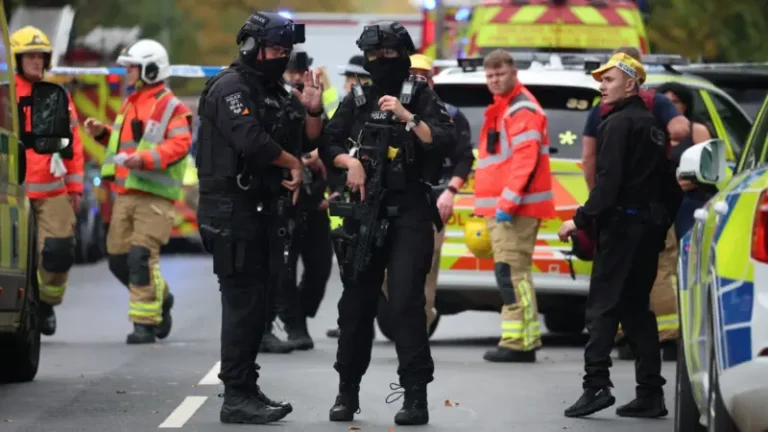
JoJo Siwa attends the 36th Annual GLAAD Media Awards. Photo: Frazer Harrison/Getty
Luigi Mangione, the 26-year-old accused of gunning down UnitedHealthcare CEO Brian Thompson, is fighting back in court, claiming police tricked him into giving up his DNA—by offering him a snack.
Mangione’s lawyer, Thomas Dickey, argues that Altoona police had no real reason to detain him when they found him at a Pennsylvania McDonald’s on December 9. According to Dickey, officers acted on nothing more than a vague tip that Mangione “looked like” the suspect from the New York shooting and lacked solid proof that he was their guy. The legal filing states that his client’s detention was unconstitutional, saying cops “restricted and totally curtailed” Mangione’s freedom without cause.

But it’s what happened after his arrest that’s raising even more eyebrows. Dickey claims officers handed Mangione a snack, not out of kindness, but as a sneaky way to collect his DNA. The lawyer argues that any evidence obtained from this tactic should be thrown out, calling it “poisonous fruit” of an illegal arrest.
Mangione faces serious charges in both New York and Pennsylvania. He’s accused of ambushing Thompson outside a Manhattan hotel on December 4, shooting him three times before escaping on a bike. Police later discovered shell casings at the scene with the words “delay,” “deny,” and “depose” engraved on them—terms critics associate with how insurance companies allegedly reject claims.
Read Also: Indiana Cop and Wife Accused of Forcing 6-Year-Old to Hold Disturbing Sign in Freezing Cold
Five days later, Pennsylvania officers arrested Mangione at the McDonald’s, where he was reportedly carrying a “ghost gun,” fake IDs, and a letter addressed to “the feds” that referred to people in the health insurance industry as “parasites.” Prosecutors also say that when police asked him if he had been in New York recently, Mangione became silent and started shaking.
His attorney is pushing to have the Pennsylvania charges dropped, arguing that Mangione wasn’t properly read his rights. He’s also trying to prevent prosecutors from labeling his client’s writings as a “manifesto.”
As the case unfolds, the legal battle over Mangione’s arrest and DNA collection could play a crucial role in determining what evidence prosecutors can use against him.







